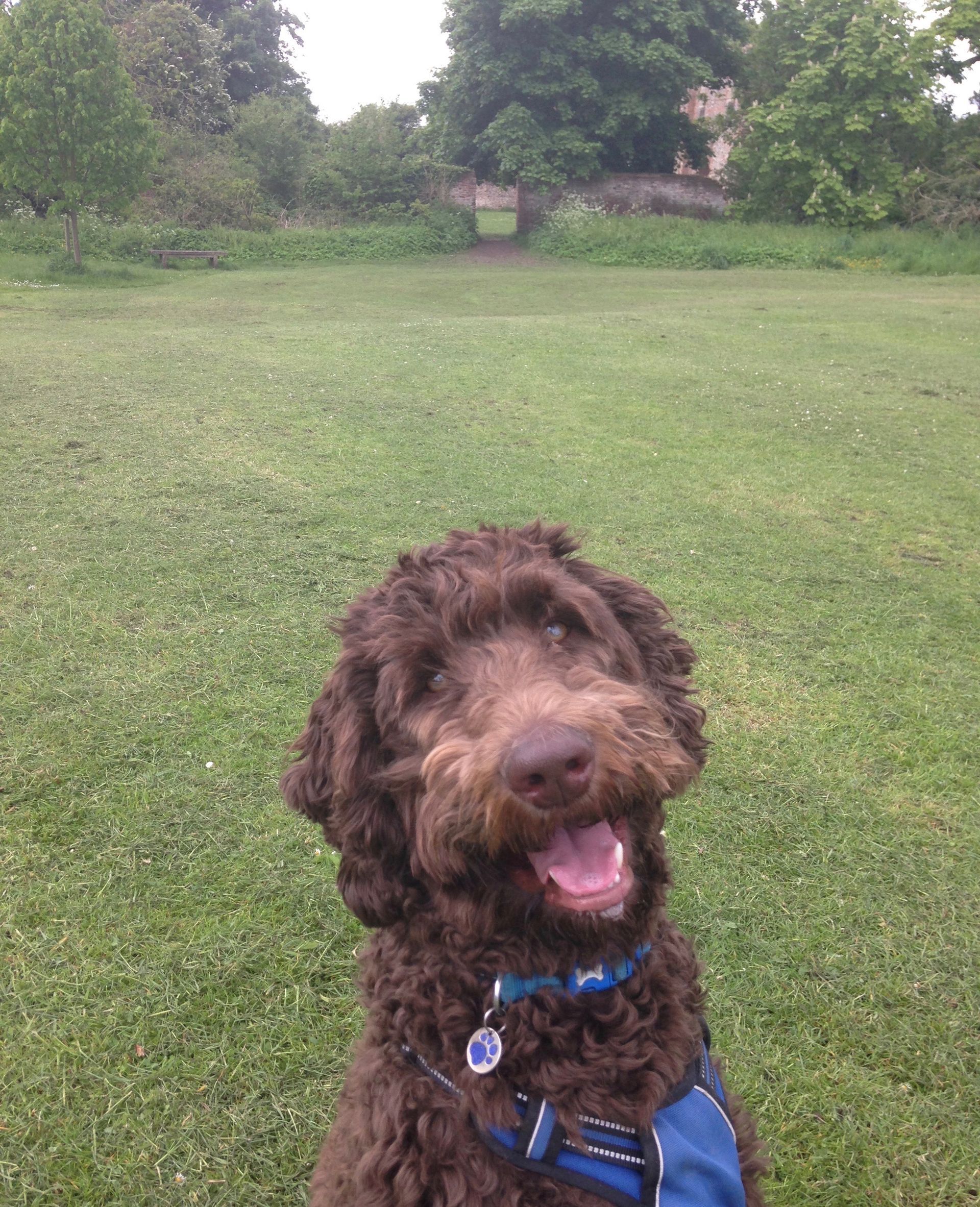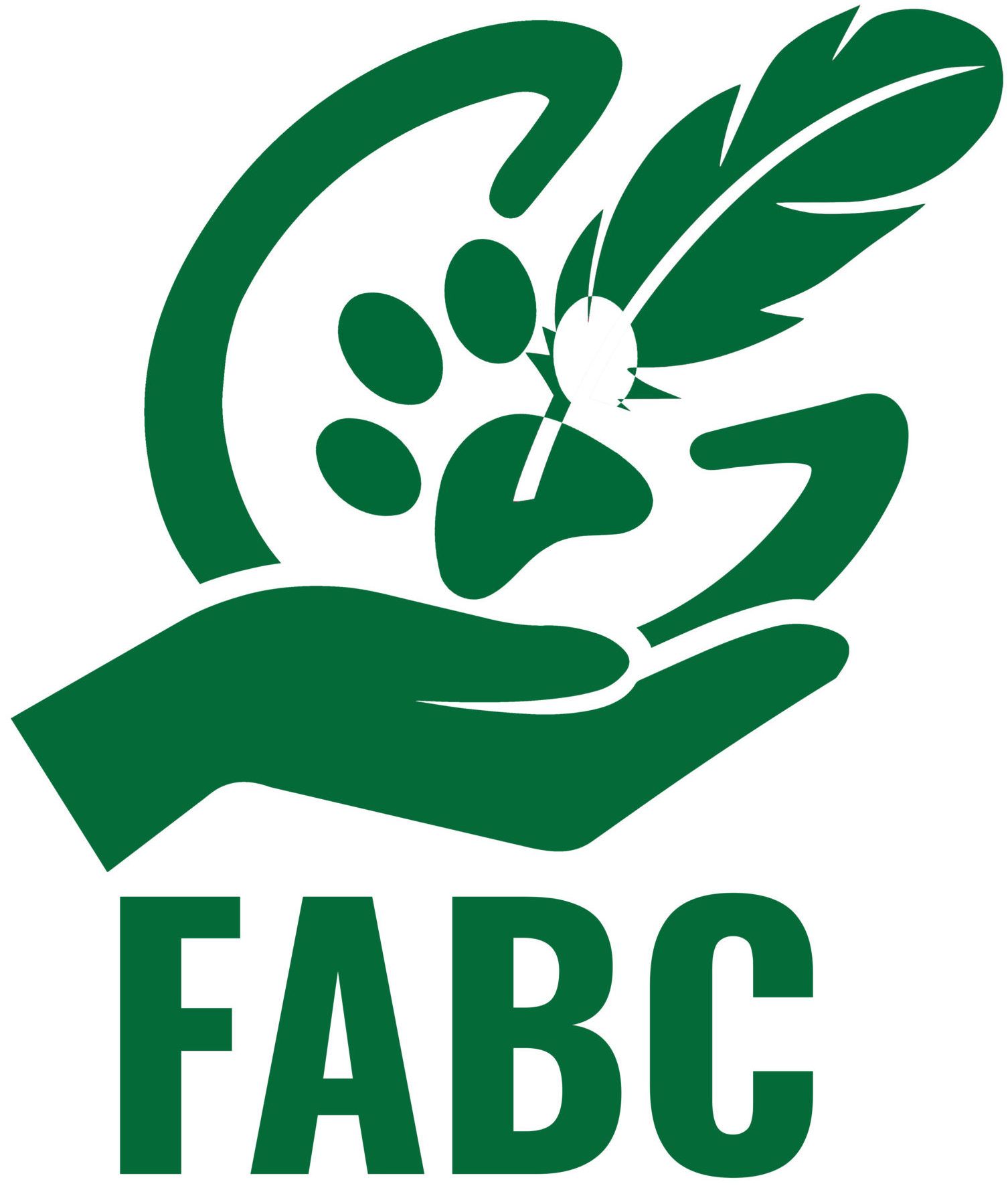As outlined by Lord and colleagues (2009), barking can be an ‘alarm call, territory marking signal, rally call, an indicator of motivational state, signals between dogs and humans and/or a developmental reason.
There can be a number of reasons dogs bark so how you would approach it would depend on the reason that they are doing it. What you think may be the reason for the bark could be something else so making a note of when they bark so you can spot patterns is sensible. Setting up a camera to see what they do when you are not home (do they bark then?) is sensible.
What should you do?
Reward the dog for times they are not exhibiting the behaviour (basically reward them for doing nothing).
Teach the dog to do something else instead (such as eating a kong).
Determine what environments can be avoided and what ones need to be worked on.
Make a note of what your dog is barking at. Is it a particular noise or only animals on the tv? If you know this it can make it easier to manage. Think about if your dog does this in any other contexts such as out in the park. If so it may be that they are becoming hyper alert with dogs on the tv.
Setting your dog up for success
Don’t allow your dog to rehearse the behaviour as practice makes perfect. Give them something else to do.
Pain
Dogs can hear things at an intensity that we cannot so ruling out any ear infections with the vets is important.
Sound desensitisation
Sarah Heath and Jon Bowen in association with the Dogs Trust have created sound desensitisation guides for dogs with noise phobia. Here they are here (they are divided into different noise categories). https://www.dogstrust.org.uk/dog-advice/understanding-your-dog/sound-therapy-for-pets



























